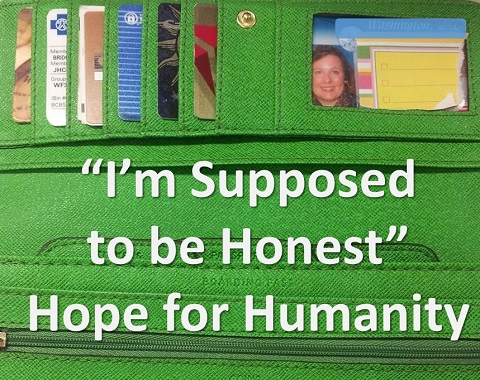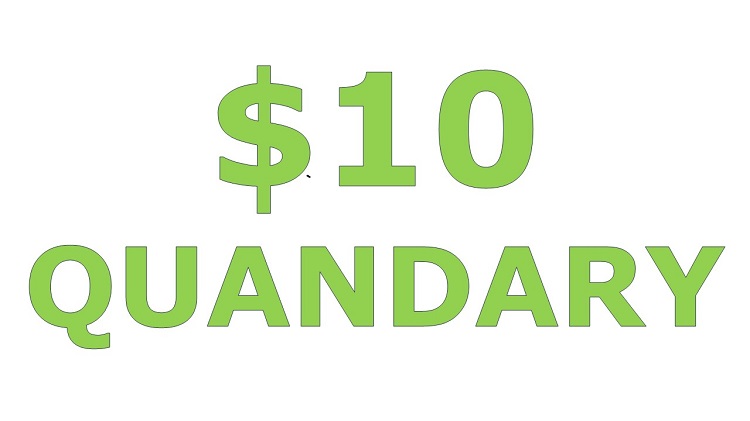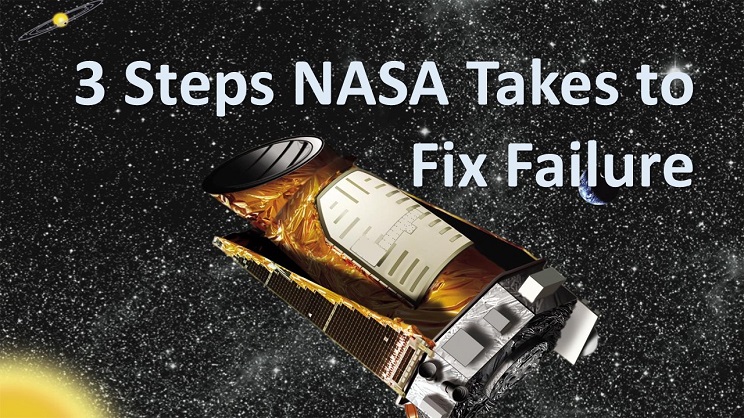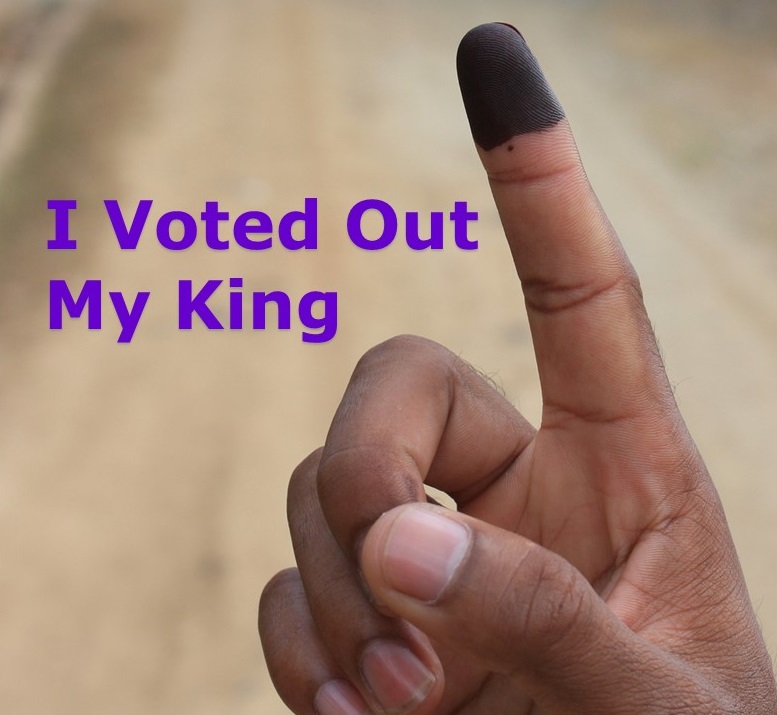Author: Web Wizard

News of shootings, racial disharmony, economic distress and personal despair find us struggling to live out our hopes. Through the thick static of misery, I share a story of hope for humanity.
Elaine Simpson of Birmingham, Michigan visited Chicago for business. As Simpson was checking out of her hotel she discovered that her wallet was missing. In her wallet were priceless family photos, credit cards and about $150 in cash. She filed a police report and a hotel worker loaned her $60 to for a taxi to the airport.
Several days later, an envelope arrived from someone named “Sid” in Chicago. The wallet and its contents were almost complete. Simpson said, “It was so sweet. Sid used three dollars and seventy-eight cents out of my wallet to pay for the postage.”
CBS Chicago’s Mike Parker tracked down “Sid” in Chicago. Dr. Fazal Siddiqui, (Sid) is a retired physician who said he found the wallet on the back seat of a taxi outside Navy Pier. “I’m supposed to be honest because I am a Muslim. It’s my faith, my teaching,” he said.
Dr. Siddiqui expressed his humanity by being honest and generous. He took time and effort to return treasured possessions to a woman he’d never met. And a hotel worker helped a stranded traveler settle her hotel bill, file a police report and even loaned the traveler taxi fare to the airport.
Simple acts of kindness help heal the world. How can we extend care and compassion to others and help heal a hurting world?
____________________________________________________________________________________________________________________________________
Tim Rhodes is a former Ringling Bros. and Barnum & Bailey Circus Clown, an ordained clergyman and former CEO of a $100 million multinational organization. He is an award-winning speaker, writer and coach. To contact Tim, email Tim@ClownClergyCEO.com
Please consider supporting the impactful work of the Pacifistic Pugilistic Benevolent Society, where I am an emeritus member.

Part of my life’s work is helping people face quandaries. As a clergyman people often ask me about relationships, personal ethics, and God. As a business coach people ask about relationships, business ethics, and money.
Life is filled with ethical choices that appear mundane and often lack clear answers. How we respond to daily challenges helps build the person we are and the communities we desire. And, sometimes, we just don’t know how to proceed.
I faced a quandary doing the mundane task of fueling my car. When I approached the pump it read, “Begin Fueling.” This seemed odd so I hit the cancel button. The pump still read, “Begin Fueling.” Trying to reset the pump, I slipped my card into the pay slot. “Begin Fueling.” So, I began fueling. The pump disbursed $10 worth of fuel into my tank and shut off.
Now what?
The screen asked me if I wanted a receipt. I took a receipt and looked at it. The fuel was paid for via credit card (not mine). I looked around for someone watching from another car, or the cops, or to see the clerk run out from the store with an explanation. Nothing—all appeared normal.
Here were my thoughts.
- Who paid for this and why?
- Perhaps this is a “pay it forward” thing.
- If I go inside to pay for the fuel, it will be paid for twice.
- Great! I just got $10 of free gas.
- I hope the cops don’t think I stole this gas.
Now my quandary; what was I to do?
What would you do in this situation? Drop me an email and let me know what you would do.
___________
Tim Rhodes is a former Ringling Bros. and Barnum & Bailey Circus Clown, an ordained clergyman and former CEO of a $100 million multinational organization. He is an award-winning speaker, writer and coach. To contact Tim, email Tim@ClownClergyCEO.com
Please consider supporting the impactful work of the Pacifistic Pugilistic Benevolent Society, where Tim is an emeritus member.


Failure happens and sometimes failure is hard to fix—especially when the failure happens in deep space. By following NASA’s lead, we can fix failure and find success.
Seeking earth-like planets, NASA launched the Kepler spacecraft. The mission went as planned for four years. Then failure caused Kepler to become unstable and spin out of control. In May 2013, one of Kepler’s four “rotation wheels” failed. Scientists feared that Kepler had become useless and the mission was over.
After working through their usual options, the ingenious NASA scientists decided to harness the power of the sun. The sun’s energy pushes hard against Kepler’s solar panels. They used this “solar push” as a force to help control the spacecraft. Instructing Kepler’s three other rotation wheels to push against the solar push, the scientists stabilized the spacecraft which can now focus on specific interstellar bodies.
The resurrected spacecraft made a startling discovery; some 180 light years from earth there are at least 8 planets similar to earth. And Kepler is still finding new “earths” to explore.
When something goes wrong we often assume that the mission is finished. By using these three NASA steps we can fix failure and our mission can succeed.
- Identify the issue to be solved. So often we are distracted by the symptoms rather than the cause of the issue. Symptoms can be distracting (blood, fire, chaos), by concentrating on the core issue we identify what really needs to be solved (wound, gas line, poor business planning). The spinning Kepler craft was the symptom; the failure of stability control was the issue to be solved. Focus on resolving the issue and you’ll start moving away from failure.
- Seek creative solutions. Quickly run through your usual problem solving strategies and eliminate all that won’t work. NASA couldn’t take Kepler to the repair shop. Look beyond your typical categories of resolution by asking questions that push you to explore ideas that never occurred to you. NASA asked what other forces could be used to stabilize Kepler. Look for the “solar energy” that can move you to find new solutions.
- When the issue is resolved—move on. So often people wallow in blame and recrimination. Failure is part of success. Rehashing the failure unnecessarily distracts us from achieving success. Once NASA fixed the problem they went on with Kepler’s mission to identify new planets and, to date, found over 4,100 unknown planets.
Using the three NASA steps we harness ingenuity and initiative to fix failure and accomplishing our goals.
Learn more about the Kepler mission here.
__________
Tim Rhodes is a former Ringling Bros. and Barnum & Bailey Circus Clown, an ordained clergyman and former CEO of a $100 million multinational organization. He is an award-winning speaker, writer and coach. To contact Tim, email Tim@ClownClergyCEO.com
Please consider making an annual gift to the Methuselah Society for Centenarians where Tim is a founding member.

When I was a boy, my family gave our large upright piano to our next-door neighbors. The neighbors were a South Korean family, headed by a Christian pastor and his exuberant wife.
Since the neighbors were very small people, I wondered how they would move the massive piano out our door, down our steps, across the lawns and up the steps into the front room of the neighbor’s house. Surely, they needed help.
The morning of the move, eight small men arrived at our door. To my preteen self, these men seemed entirely unfit for the job. They were little taller than me and were just as scrawny. I knew I was unfit for the task and was amazed that these men would even attempt such a marvelous feat of muscle and coordination.
Working together, the team of eight assembled around the musical beast, quickly came to a strategy and lifted as one entity. With speed and grace, they moved across our floor, out the door and down the steps. I suspected they would stop at the bottom of the stairs. No. The team zoomed across the sidewalks to the neighbor’s steps and up and in the house they went. As the men set the piano in its new place, they cheered.
My brothers and I followed with the piano bench. The minister’s wife sat before the keyboard and played as the men joined in a hymn of praise.
The best part of the eight men moving the piano was the singing. Common experiences build stronger bonds. Together, the eight took pride in their joint effort and success. Shared joys are the sweetest and most enduring.
As leaders, we are often reluctant to build our teams. Among our egocentric excuses are
- “I rank independence over collaboration”—Leaders value relationships of reciprocity
- “I can do it better”—Leaders trust the team’s competency
- “They won’t do it correctly”—Leaders empower teams find their best way
- “I don’t have time to explain what I want”—Leaders take time to teach
- “I want to be in control”—Leaders invite teams to own the challenge
BONUS!!! Celebrate your team’s success. Recognition builds trust and confidence.
Projects succeed when we empower teams with information and independence. As leaders, we must claw beyond our egos and the perception that we alone must know and do everything. We can’t and won’t ever have enough capacity to move the piano alone.
What is your secret to empowering your team? Email me and let me know. Tim@ClownClergyCEO.com
_____________________
Tim Rhodes is a former Ringling Bros. and Barnum & Bailey Circus Clown, an ordained clergyman and former CEO of a $100 million multinational organization. He is an award-winning speaker, writer and coach. To contact Tim, email Tim@ClownClergyCEO.com
Please consider supporting the husbandry projects of the Canadian College of Hippopotamus Dentistry & its William Claude Dukenfield endowed chair of Ostrich Podiatry. I am honored to serve as an at-large trustee of this fine institution.

News of shootings, racial disharmony, economic distress and personal despair find us struggling to live out our hopes. Through the thick static of misery, I share a story of hope for humanity.
Elaine Simpson of Birmingham, Michigan visited Chicago for business. As Simpson was checking out of her hotel she discovered that her wallet was missing. In her wallet were priceless family photos, credit cards and about $150 in cash. She filed a police report and a hotel worker loaned her $60 to for a taxi to the airport.
Several days later, an envelope arrived from someone named “Sid” in Chicago. The wallet and its contents were almost complete. Simpson said, “It was so sweet. Sid used three dollars and seventy-eight cents out of my wallet to pay for the postage.”
CBS Chicago’s Mike Parker tracked down “Sid” in Chicago. Dr. Fazal Siddiqui, (Sid) is a retired physician who said he found the wallet on the back seat of a taxi outside Navy Pier. “I’m supposed to be honest because I am a Muslim. It’s my faith, my teaching,” he said.
Dr. Siddiqui expressed his humanity by being honest and generous. He took time and effort to return treasured possessions to a woman he’d never met. And a hotel worker helped a stranded traveler settle her hotel bill, file a police report and even loaned the traveler taxi fare to the airport.
Simple acts of kindness help heal the world. How can we extend care and compassion to others and help heal a hurting world?
Tim Rhodes is a former Ringling Bros. and Barnum & Bailey Circus Clown, an ordained clergyman and former CEO of a $100 million multinational organization. He is an award-winning speaker, writer and coach. To contact Tim, email Tim@ClownClergyCEO.com
Please consider supporting the impactful work of the Pacifistic Pugilistic Benevolent Society, where I am an emeritus member.

I have my voting sticker, but I wish my finger was purple. Exercising my franchise, I went to my early polling place and voted on the offices and referenda that will govern our civic life.
Walking home from the polling place, I thought of the time in 2008 when I sat at a raucous dinner party in Nepal. The men I dined with talked eagerly of family, faith, law and politics. The representative democracy in the United States intrigued my companions and I struggled to recall the intricacies of my civics lessons.
To my immediate right sat a man with a purple finger that looked as if he had whacked it with a hammer. I asked him what he did to his hand. He lifted his finger, looked me in the eye, and said, “I voted out my king.” The ink on his finger indicated he’d voted.
When Samuel Adams and John Handcock began imagining a revolution against England’s King George III, the consolidation of Nepal was completed and a monarchy formed. Since 1768 the monarchy survived insurrection, invasion, and intrigue until the public ousted the king in 2008. Just prior to my arrival the Nepalese men and women elected to remove the monarchy and install a constitutional democracy. The democratic leaders were in the public and messy process of drafting a constitution.
Living in a republic, we in the United States, have the responsibility to elect representatives and shape our future. By voting we make our choices known and to our betterment or detriment, we get the government we elect. Future U.S. President, James Garfield wrote, “Now more than ever the people are responsible for the character of their Congress. If that body be ignorant, reckless, and corrupt, it is because the people tolerate ignorance, recklessness, and corruption.” (July 1877, The Atlantic)
We no longer need the courage to oust a king or the wisdom to write a constitution. What we require is the attentiveness to responsibly inform ourselves about the issues of our day, check our prejudices, and select the candidates who possess the character to address national and global challenges. The foundations of our government and the perpetuation of our ways of life depend on our responsible citizenship.
Vote.
Tim Rhodes is a former Ringling Bros. and Barnum & Bailey Circus Clown, an ordained clergyman and former CEO of a $100 million multinational organization. To contact Tim, email Tim@ClownClergyCEO.com
